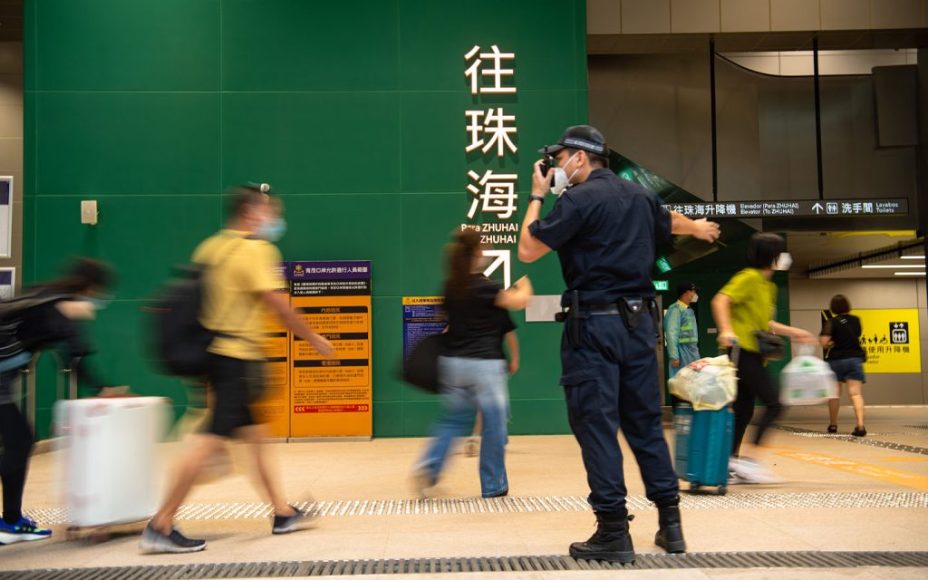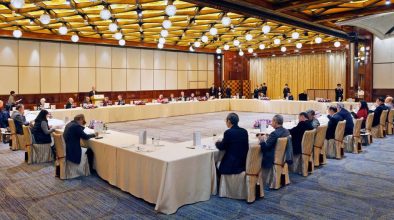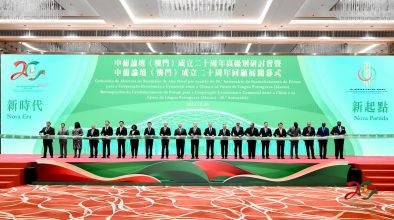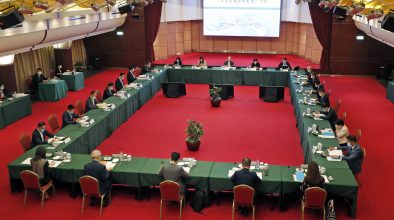Last month, China’s immigration authorities announced a new measure to facilitate travel to the mainland for non-Chinese – or foreign – permanent residents of Macao and Hong Kong. This initiative has significantly eased the process for those eager to visit the mainland for business or leisure.
From 10 July, eligible residents from both Special Administrative Regions (SARs) have been able to receive special travel permits granting multiple entries into the mainland within a five-year validity period – with each stay not exceeding 90 days. After completing identification procedures, such as having their fingerprints taken, these permit holders are also allowed to pass through express clearance channels at the border.
The new travel arrangement for foreign permanent residents is a particularly welcome development in Macao’s ‘double celebration’ year of 2024: it’s both the 75th anniversary of the founding of the People’s Republic of China, and the 25th anniversary of the establishment of the Macao Special Administrative Region.
Accelerating integration
The Central Government has repeatedly stressed that integration between the Guangdong-Hong Kong-Macao Greater Bay Area (GBA)’s nine mainland cities and two SARs is a key part of the country’s overall development plan. As such, convenient cross-border travel for all permanent SAR residents is widely understood to be of utmost importance. As of 30 June, the number of non-Chinese permanent residents in Macao stood at 19,500, according to the Identification Services Bureau.
Macao Chief Executive Ho Iat Seng has expressed his heartfelt thanks to the Central Government for launching the scheme – which he said would benefit the SAR and its people in a myriad of ways.
In a statement released by the Government Information Bureau, Ho noted that the policy promotes people-to-people exchanges, trade and mutually beneficial cooperation between the mainland and Macao. It also offers encouragement to non-Chinese permanent residents to invest, visit relatives, travel and do business in the mainland.
Ho described the move as “an important manifestation” of the country’s broader opening-up strategy. He recognised its benefits would have a ripple effect within the SAR – helping attract overseas talent that will, in turn, enhance Macao’s status as a world centre of tourism and leisure.
The chief executive said his government will fully assist with the policy’s implementation. His team would work closely with the mainland’s customs and immigration departments to ensure everything ran smoothly at border checkpoints, from ensuring the right security protocols are in place to adopting any required technology.
The mainland travel permit scheme goes beyond facilitating travel in China for foreign permanent residents from Macao and Hong Kong. It is an important milestone in the two SARs’ amalgamation with the rest of the country and in the development of the GBA – which is of vital importance to the SARs’ futures, and vice versa.
The National Immigration Administration has stated that it will continue to improve immigration management services that support the development of the GBA, and promote Macao and Hong Kong’s integration with the country’s overall development.



